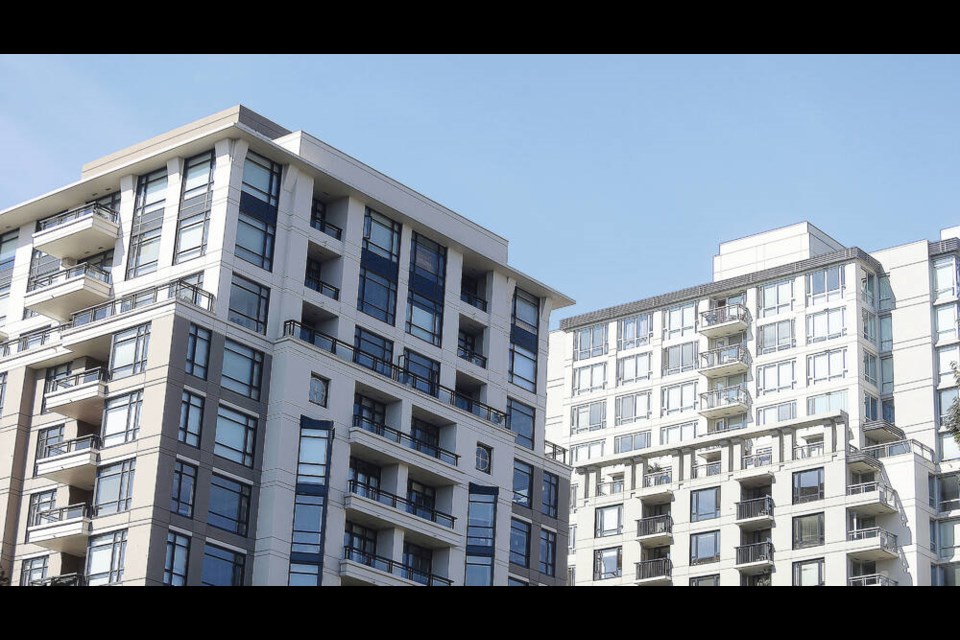The province needed to control the proliferation of short-term rental units to help tackle the shortage of affordable housing, says a Vancouver Island University planning professor who “strongly supports” new legislation aimed at getting thousands of the properties into the long-term rental market.
“I think in a housing crisis, this is a very legitimate policy move for the province to make,” Mark Holland, a VIU professor of planning and real estate and planning consultant, said Monday.
“If you think about how much time and money and resources it would take to build thousands of units, particularly of the type that are often Airbnb, this is a very quick and smart move for the province to stabilize the long-term housing for residents here.”
He does, however, predict that the loss of many short-term rentals could stretch tourist-accommodation capacity and lead hotels to increase rates until new construction catches up to demand.
Last week, the province announced that as of May 1, short-term-rental units in communities with more than 10,000 people will be allowed only in the principal residence of the host, plus one secondary suite or laneway home. Owners must also comply with municipal or strata bylaws.
A principal residence is defined as the place an individual lives for a longer period during a calendar year than any other place.
The government is hoping to see many thousands of the estimated 16,000 short-term rental units in B.C. converted to long-term rentals to ease the housing shortage. It promises an enforcement unit and a provincial registry to monitor the sector.
Municipalities will be able to impose fines of $3,000 per day for infractions.
Holland predicts the majority of non-complying units will be taken out of circulation, since most people are cautious when facing larger fines.
Although he expects to see the loss of short-term accommodation cause a “major increase” in tourist accommodation prices, prices will settle down once new construction adds more rooms, he said.
“We can expect to see a surge in the construction of hotels and motels across B.C., probably particularly in urban areas, to respond to this,” said Holland, who suspects the growth in the number of short-term rentals offered through platforms such as Airbnb in the past 15 years delayed construction of new hotels.
In addition, the province took hundreds of hotel-motel rooms out of circulation when it purchased buildings to use for social housing in recent years.
Additional hotel capacity is already coming in Victoria, where about five new hotels are in the development process.
Holland said he sympathizes with Greater Victoria condo owners who rely on the income from renting out units on platforms such as Airbnb, but they’ll still be able to generate good income from long-term tenants — although not as much as from short-term rentals.
In addition, if someone decides to sell their unit, housing prices are still high, he said. “There’s lots of demand, so people will buy it.”
Holland rejects arguments from some owners that many microsuites in the vacation-rental market are too small to be long-term rentals, pointing to the area around the University of B.C.’s Okanagan campus, where microsuites are rented to students living there full time.
When cities are being planned, hospitality uses such as Airbnb are typically channelled into very specific areas “because of the impacts that they can have on other areas, particularly residential neighbourhoods,” he said.
For example, long-term residents of buildings filled with short-term accommodation can find themselves coping with short-term visitors who want a noisy party atmosphere.
Short-term rentals also drive up housing prices, he said. When a property can generate revenue, that will increase its attractiveness in the real estate market to investors who are willing to pay more.
“So the economic impacts of the extra revenue that people can get from these [units] drive up housing prices.”
>>> To comment on this article, write a letter to the editor: [email protected]



